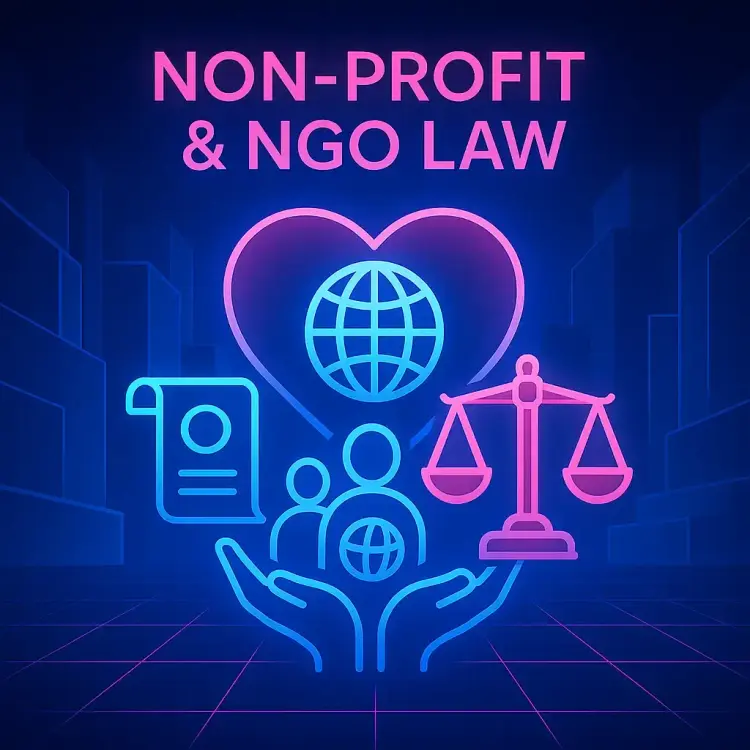Securing a grant is the catalyst for an NGO's mission, but maintaining impeccable compliance throughout the grant’s lifecycle is what builds a reputation for excellence and ensures a sustainable funding future. Grant compliance is a continuous and proactive process that begins long before the first funds are disbursed. It demands a sophisticated understanding of the grant agreement as a binding legal contract, meticulous adherence to the donor's specific regulations, and flawless navigation of Georgia's national legal and tax framework. Managing these interwoven responsibilities is paramount, as failure in one area can jeopardize the entire project, lead to financial clawbacks, and damage crucial relationships with funding partners.
Every grant is governed by a detailed agreement that functions as a legally binding contract under the Civil Code of Georgia. Before any commitment is made, a thorough legal review of this document is critical. Our legal experts conduct a meticulous clause-by-clause analysis to identify and interpret all obligations, including specific limitations on the use of funds, intellectual property rights concerning project deliverables, co-branding and visibility requirements, and the precise conditions for suspension or termination. This proactive due diligence allows your organization to fully understand its commitments, negotiate more favorable terms where possible, and establish the internal systems necessary to meet every requirement from day one, preventing costly misunderstandings later.
Compliance with Georgian national law is a non-negotiable aspect of grant management. The Law of Georgia on Grants provides the primary legal definition, while the Tax Code of Georgia dictates the fiscal treatment. A critical, and often overlooked, step is the timely registration of the grant with the Revenue Service to secure exemption from profit tax on the received funds. Furthermore, the issue of Value Added Tax (VAT) on goods and services procured with grant money requires careful analysis, as exemptions are not automatic and depend on the specifics of the grant and the nature of the expense. Our firm provides precise guidance on these procedures, ensuring you maximize your tax benefits and remain in full compliance with state authorities.
Mastering the complex standards of international donors is often the greatest challenge. Major funding bodies such as the European Union, USAID, and private international foundations impose their own rigorous layers of regulation that typically surpass local legal requirements. These can include stringent procurement protocols that mandate competitive bidding, requirements for fully segregated bank accounts for financial tracking, and robust anti-money laundering (AML) and counter-terrorism financing (CTF) checks for all partners and sub-grantees. Reporting is equally demanding, often requiring a combination of detailed narrative reports, complex financial statements, and specific monitoring and evaluation data, all submitted on inflexible deadlines.
Our team at Legal Sandbox Georgia offers an integrated partnership to manage the full spectrum of grant compliance. We move beyond simple advice to help you implement robust internal control systems, provide guidance for compliant financial tracking, conduct pre-submission reviews of your donor reports, and perform mock audits to prepare your staff for the scrutiny of official auditors. We serve as your dedicated legal resource through the entire grant lifecycle, from the initial agreement review to the final project close-out. This comprehensive support provides your leadership with peace of mind, mitigates financial and reputational risk, and empowers your organization to focus on what it does best: delivering on its mission.
Updated: ...
